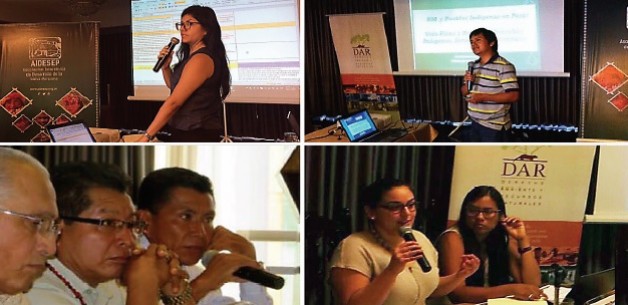World Bank projects and policies affect the lives and livelihoods of billions of people worldwide. If done right, this can be for the better, but decades of experience tell us that this is not always the case. The Bank has set itself two goals to be achieved by 2030 – to end extreme poverty and to boost shared prosperity. But despite these laudable ambitions, it has repeatedly been exposed for backing harmful projects and programs in developing countries.
In 2014 the Bank launched a new approach for how it engages in the countries it supports, introducing two main steps. The first step, the Systematic Country Diagnostic (SCD), analyses a country’s broader development challenges, identifying priority areas to focus on. Building on this, the second step is the development of a Country Partnership Framework (CPF), setting the Bank’s strategy for the next four to six years. Both of these steps are open for civil society consultation.
Why should civil society get involved?
Influencing the Bank’s country engagement approach provides an opportunity to influence the Bank’s investments ‘upstream’, to ensure that the Bank prioritizes protecting the environment and the needs of the most marginalized groups. In other words, it’s a way to try to stop ‘bad’ projects before they happen (or continue) and push for ‘good’ projects that have stronger and more positive development outcomes, fewer negative impacts, and that result in more equitable distribution of benefits. Influencing the strategies of the World Bank Group is also an entry point for influencing the national governments, as the Bank is a highly influential player in developing countries. In short, it’s an opportunity to put forward an alternative development agenda. So for anyone interested in key environmental and social challenges, such as protecting forests, combating climate change, defending the rights of indigenous peoples, or securing land tenure – this is a chance to have a say.
This can also be an opportunity to ensure that the World Bank lives up to its global commitments. For example, the Bank has said it will support the realization of the Sustainable Development Goals (SDGs) and the implementation of the Paris climate agreement. The Bank has made a number of internal commitments, too. For example, the Bank’s Climate Action Plan says that the SCDs and CPFs “will consider the risks and opportunities created by climate change and countries’ climate priorities”. According to the Bank’s Forest Action Plan the SCD/CPF processes could help “identify the challenges and opportunities related to forests in a strategic and integrated manner”. And the Bank’s Gender Strategy requires that the CPF draws on a country gender assessment. All of these commitments should be reflected in the CPF, but civil society will in many cases need to push to ensure that this is the case.
How to engage – BIC’s new guide
The World Bank’s own guidelines on both the SCD and CPF require it to consult with the public. Unfortunately information about when and where consultations are taking place is in many cases hard if not near impossible to find out. Even Bank staff themselves are not always aware of the full extent of this requirement, and consultations are in some instances more symbolic than meaningful as, for example, BIC’s partner Derecho Ambiente y Recursos Naturales (DAR) in Peru experienced. In sum, there is still much work to be done to create more space for civil society and local communities to engage.
This is why BIC is launching a guide to help civil society find the information they need and start getting involved, based on experiences from Peru and the MENA region. It outlines five main steps for engagement, from finding out about the process and building capacity, to following up on key demands once the process is done and the new CPF has been launched.
We are also collaborating with the Climate Action Network to run a series of webinars drawing explicit links between MDBs’ country strategy processes and the alignment with the Paris climate agreement, through the countries’ implementation of their Nationally Determined Contributions (NDCs).
Do join us for the first webinar this Thursday 27 July – register and find the details for joining here http://bit.ly/2uDtpYl. It will be followed by three regional webinars, to be announced shortly, so do keep an eye out for these, too!
Influencing World Bank Projects Before They Happen


